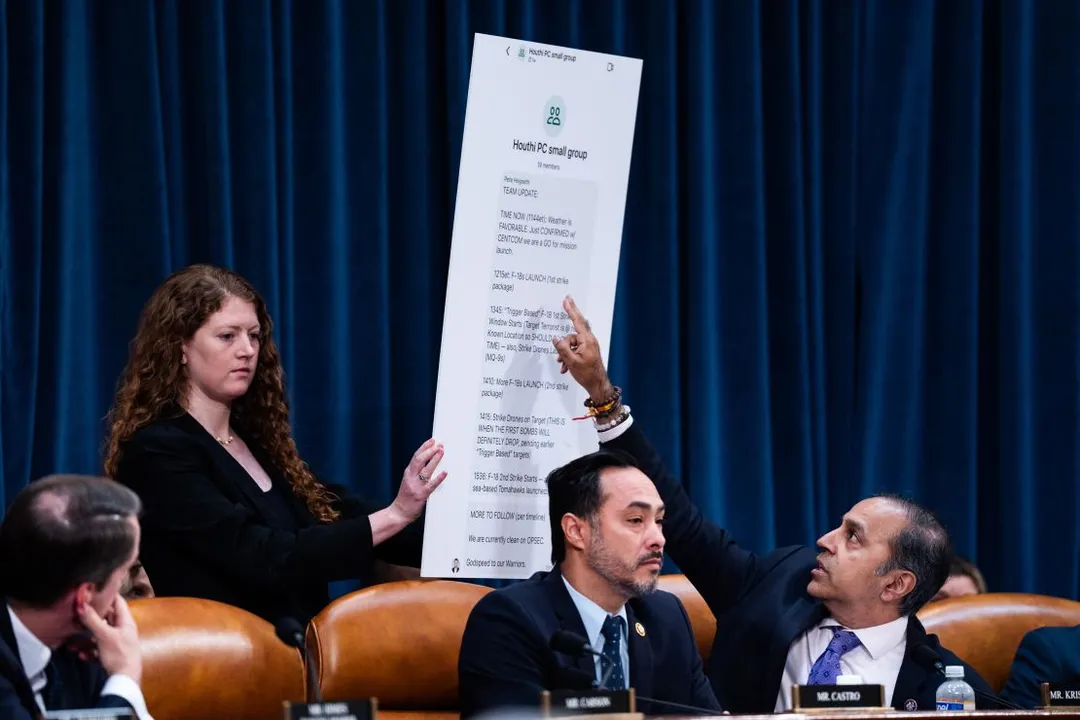
Is Trump’s Second Term a Success or a Failure? The Dilemmas of Leadership
The landscape of Donald Trump’s second presidency is increasingly polarized, raising a pivotal question: Can a leader be seen as both a colossal failure and a stunning success simultaneously? As the president navigates a barrage of legal and economic hurdles, this inquiry takes center stage.
Trump's approach has been anything but conventional. Despite numerous crises, including dissent within his administration and plummeting approval ratings, his base remains unwavering. According to political analysts, the strength of Trump’s relationship with his supporters means that traditional metrics of leadership success may not apply. Trump's supporters often gauge his effectiveness not by the norms of governance but through the lens of loyalty and the fulfillment of promises made during his campaign.

Recent events hint at the chaotic nature of his administration. Reports have surfaced about Defense Secretary Pete Hegseth’s mismanagement, including sharing sensitive military strike details via private chats, illustrating a disconcerting lack of oversight. Critics argue that Trump's prioritization of loyalty over competence could lead to disastrous outcomes, especially as tensions rise over military strategies and international diplomacy.
The economic front is equally tumultuous. Trump’s tariff wars have rattled global stock markets, driving the Dow Jones Industrial Average towards one of its worst performances in decades, a situation exacerbated by his public scuffles with Federal Reserve Chair Jerome Powell. Analysts predict that these strategies could result in severe inflationary pressures for American consumers. The question remains: can a trade agenda that rallies rural voters justify its broad economic ramifications?

In an unexpected twist, Trump’s immigration policies have resulted in tangible outcomes: decreased border crossings compared to the previous administration. However, this has come at a cost of increased tensions with various advocacy groups and backlash over ethically questionable methods of enforcement, including the controversial deportation of individuals mistakenly labeled as criminals.
As the administration grapples with various crises, questions loom about its capability to secure genuine accomplishments that transcend the chaos. Even as Trump and his supporters herald certain policies as successes, many political opponents express concern over the erosion of foundational governance structures under his leadership.
Ultimately, history may reflect on Trump’s presidency as either a bold break from political establishment norms or a reckless endeavor that jeopardized American governance. How will this duality shape the future of U.S. politics as divisions deepen? This remains to be seen, inviting invigorating debate among scholars and the public alike. Your thoughts on this matter? How do you perceive Trump's presidency—success or failure?